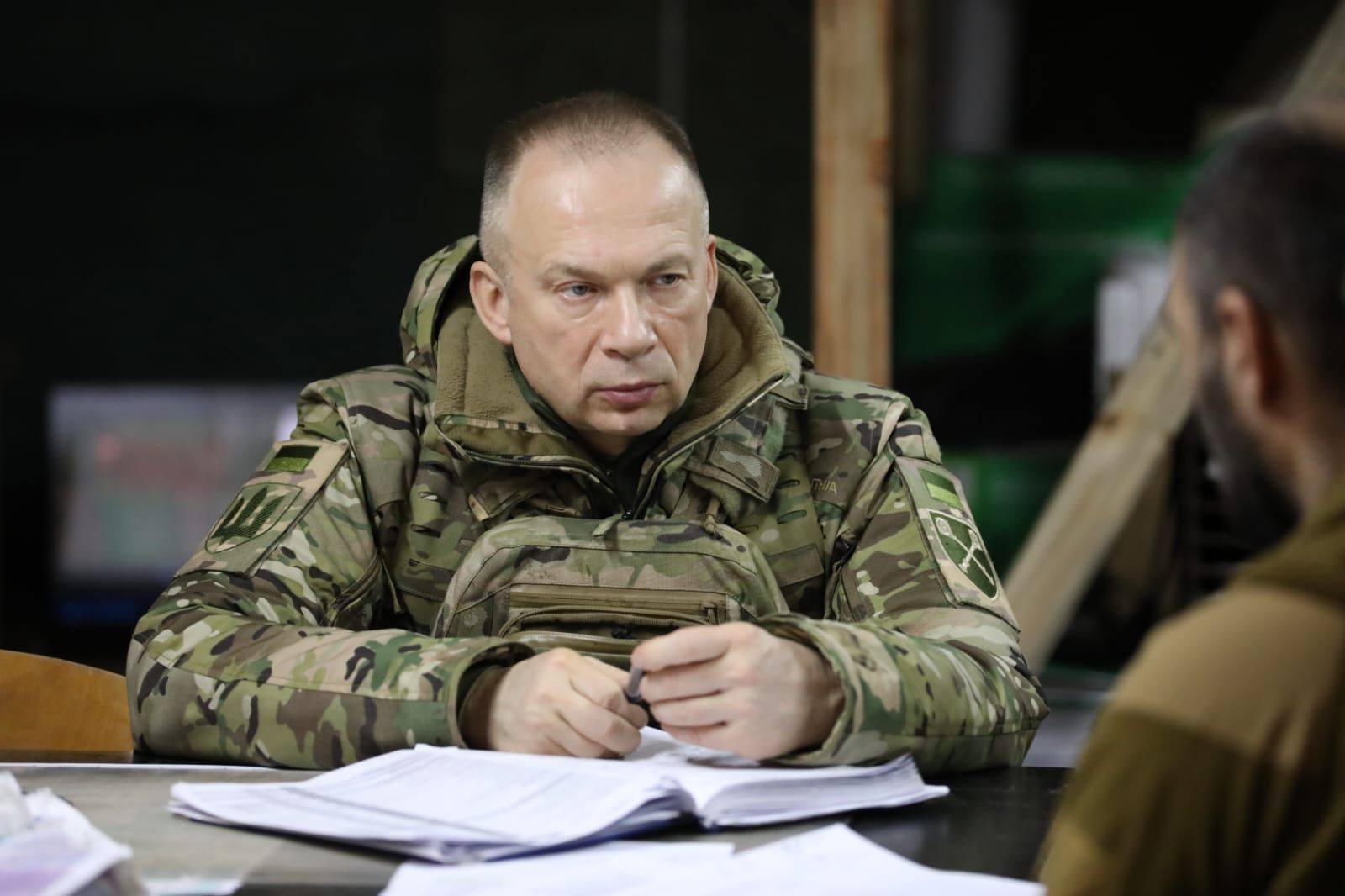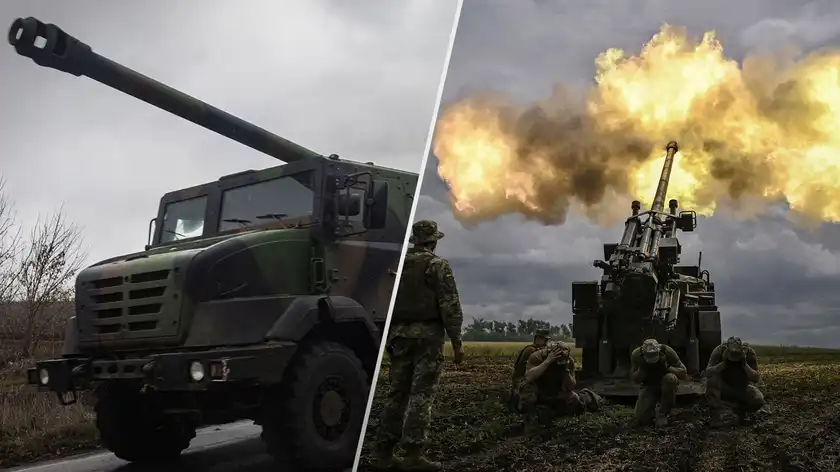On the first anniversary of his leadership, Ukrainian Armed Forces Commander-in-Chief Oleksandr Syrskyi highlighted significant military developments in a detailed Facebook post, particularly noting improvements in Ukraine's artillery situation against Russian forces.
Despite notable advances in drone warfare and air defense capabilities, Ukraine continues to face weapons and ammunition shortages, with delayed Western aid deliveries and internal allied debates hampering military operations. By late 2024, only about half of the promised US aid had been delivered due to internal debates over escalation risks and concerns about depleting stockpiles.
"A year ago, the Russian army had an artillery shell advantage of approximately 10 to 1. Today, that ratio has been reduced to almost 2 to 1," Syrskyi stated.
The commander emphasized Ukraine's pioneering role in drone warfare, reporting the delivery of over 1.3 million drones to frontline units and the establishment of the world's first independent Drone Forces Command. These unmanned systems have proven highly effective, with Ukrainian UAVs striking more than 461,000 targets in the past year.
Under Syrskyi's command, Ukrainian forces have conducted 377 strikes on military targets within Russia, while air defense units have intercepted 9,200 aerial threats—a 2.4-fold increase compared to 2023.
However, Syrskyi also addressed the mounting pressures on Ukrainian troops, acknowledging the toll of prolonged combat. "I know that [Ukrainian soldiers] are exhausted," he wrote, noting that for many, the conflict has stretched across 11 years, with the past three years marked by "constant battle" without respite.
"Are there challenges? Yes, there are," Syrskyi admitted. "But we are fully aware of them and doing everything possible to overcome them."
Read more:
- Reuters: US military aid to Ukraine stalled by internal Biden administration debates
- Modern weapons, ancient lessons: Why Ukraine's NATO-trained brigades struggle to deliver
- Trump says he talked to Putin, who allegedly "does care" about battlefield casualties





